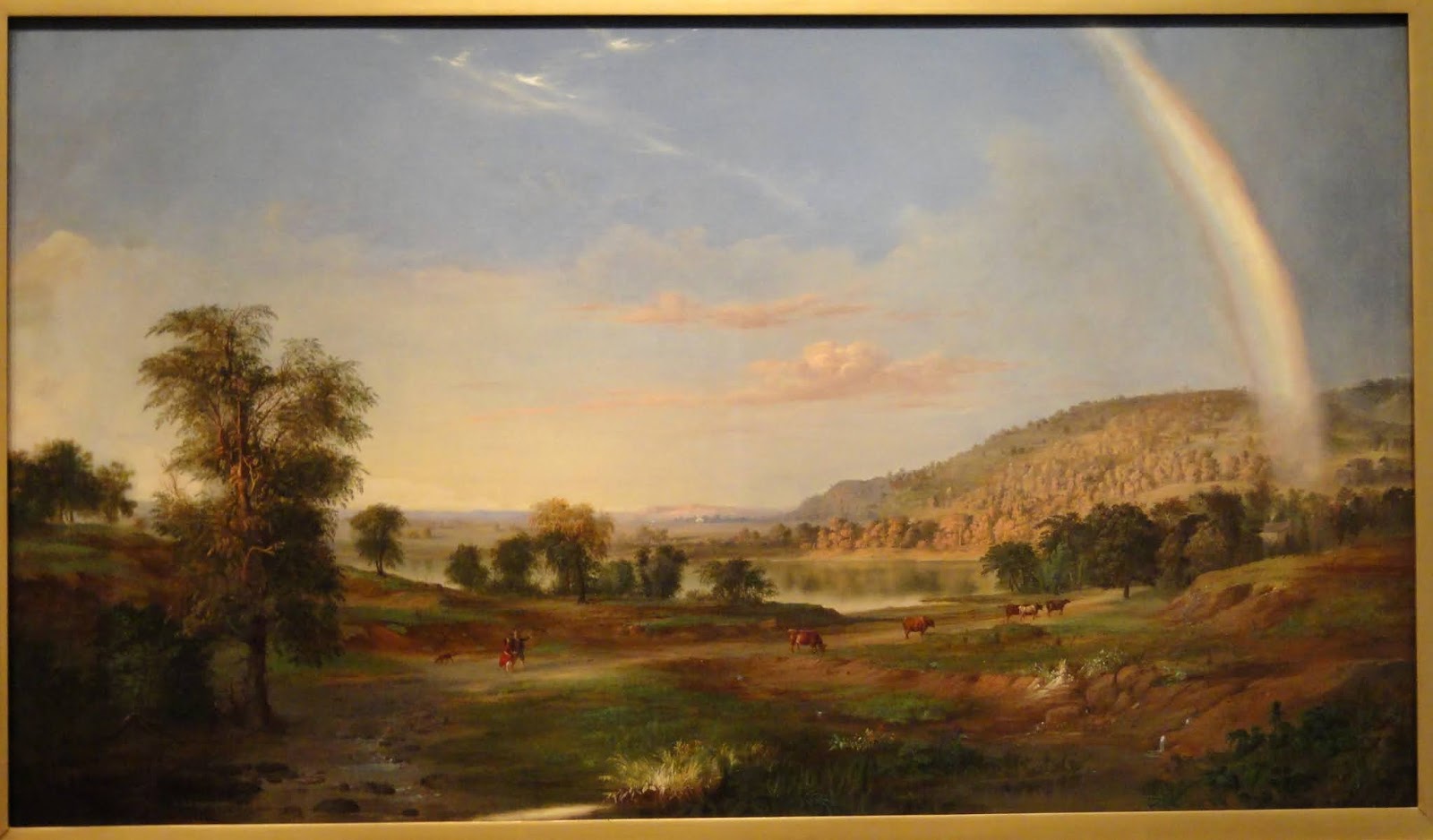According to the list, this week’s subject shall be theater. At least I know a little more about this one, thanks to another old girlfried.
We’re going with a local favorite, an outdoor drama that has been staged every year since 1952, Horn in the West. Horn in the West is the story of Daniel Boone and the original westward expansion of European settlement. It was written by Dr. Kermit Hunter (1910-2001), who was born in West Virginia, educated in Virginia and who moved to North Carolina after his service in the US Army in WW II. He wrote several historical dramas intended for outdoor production, two of which are still under production in North Carolina.
Outdoor drama, as a form of art, has probably existed since shortly after man began telling stories. Modern outdoor drama began in my home state in 1937 with the inauguration of The Lost Colony by Paul Green. Green wrote from a viewpoint that was more about “regular folks” than it was about the great movers and shakers of history. He wrote “By ‘people’s theatre’, I mean theatre in which plays are written, acted and produced for and by the people for their enjoyment and enrichment and not for any special monetary profit.” That viewpoint predominates the story lines of most outdoor dramas I’ve attended.
I’ve seen Horn in the West I don’t know how many times since my first encounter with it in 1978. The last time was a few years ago with a group of friends on a weekend trip to the Boone area. We were fortunate to hit a performance that coincided with the reunion of former cast members, who were walking through the park that is a part of the theater, talking to visitors and breaking our into song and bits and pieces of the production. It’s a great thing to see people who hold that sort of love for something they did, most of the decades before.
With Mrs. Freeholder’s pending retirement, we’re hoping to take in some of the other outdoor dramas in our state. While any live theater is a treat, there is something about it being done in the open air that just adds something intangible but special to the event.




